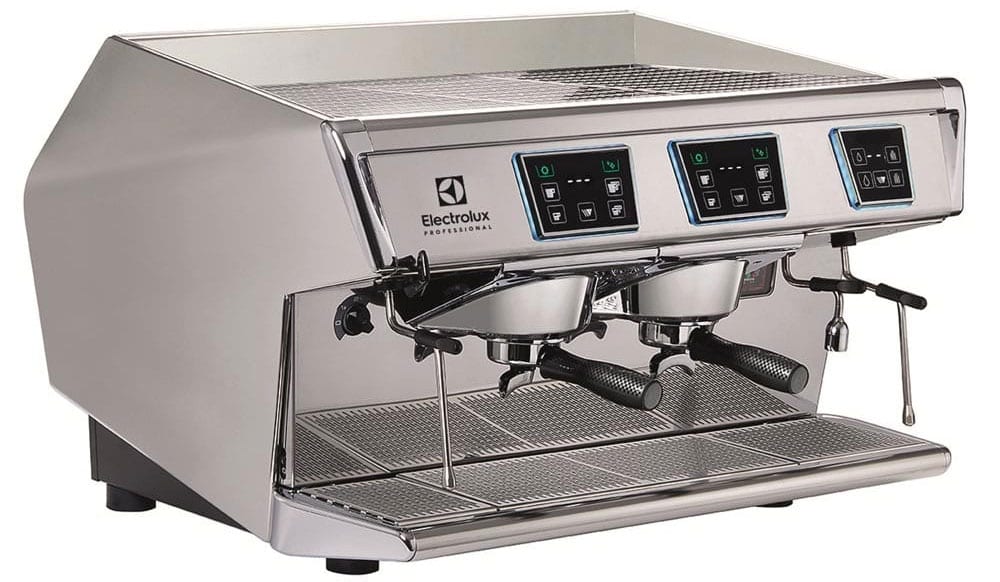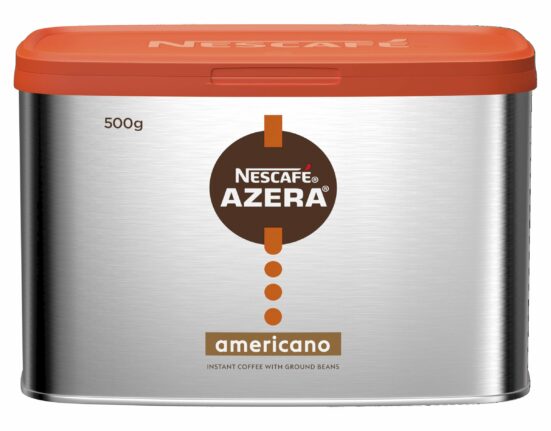In the realm of gastronomy, the professional espresso coffee machine manifests as a pivotal instrument, essential for any establishment aspiring to deliver a superior coffee experience. Traditionally confined to the annals of artisanal coffee shops, these machines have transcended expectations, becoming synonymous with sophistication, precision, and innovation. In this discourse, we shall unravel the intricate machinations of professional espresso machines, scrutinizing their significance in the contemporary café culture and the inherent challenges they pose, both for users and consumers.
Establishing the Essence of Professional Espresso Machines
At the core of every devoted barista’s experience lies the professional espresso machine. These remarkable contraptions are engineered to fulfill exacting standards, enabling the user to extract the quintessential espresso shot characterized by a robust flavor profile and a velvety crema. The prowess of a professional espresso machine is not merely confined to its functionality; it is an amalgamation of art and science, where engineering brilliance coalesces with skilled craftsmanship.
Understanding the Mechanisms of Extraction
Central to the operational paradigm of an espresso machine is the delicate interplay of pressure, temperature, and time—elements that govern the extraction of coffee. Professional machines typically operate at a pressure of nine bars, a threshold that is crucial for achieving the desired richness in flavor while avoiding under-extraction or over-extraction. The attenuation of these variables requires an acute understanding of coffee chemistry, underscoring the importance of training and expertise.
Delving deeper, one must consider the role of water temperature, which should ideally hover around 90-96 degrees Celsius during extraction. Deviations from this parameter can result in undesirable flavor notes, underscoring the necessity of thermoregulation technology found in high-end espresso machines. Many contemporary models integrate multi-boiler systems, allowing for optimal temperature stability and enabling simultaneous extraction of multiple shots.
User Experience and Ergonomics
An essential aspect of utilizing a professional espresso machine is the focus on user experience and ergonomics. The arrangement of controls, the positioning of the group heads, and even the design of the portafilters are meticulously considered to enhance operational efficiency while mitigating fatigue during prolonged use. Coupled with advanced features such as programmable settings and pre-infusion capabilities, these machines offer a remarkable degree of customization.
However, the challenge remains for establishments to find the balance between sophistication and usability. Can a machine be too advanced? As the technological arms race proliferates, the risk of alienating traditional brewers persists. The essence of artisanal brewing lies not just in the tools employed but also in the personal touch of the barista who wields them.
The Cultural Significance of Espresso in Modern Cafés
Espresso serves not only as a beverage but also as a cultural artefact. The emergence of espresso bars has unwittingly ushered in a renaissance in coffee culture, fostering community and conversation. Alienation of patrons from the intricacies of espresso preparation serves as a potential detractor, leaving some questioned about the authenticity of their coffee experiences.
In this context, the professional espresso machine assumes a double-edged sword role. While facilitating the delivery of exceptional coffee, it simultaneously engenders a sense of distance between the consumer and the brewing process. The inquiry demands: Is the appreciating audience of the coffee culture, or are they simply passive consumers? Establishments are thus challenged to bridge this gap, fostering not only quality but also a deeper connection to the art of espresso.
Innovation and Sustainability in Espresso Machines
As consumers become increasingly aware of the environmental impact of their choices, the demand for sustainable practices extends into the realm of espresso machinery. Traditional espresso machines are often energy-intensive, prompting manufacturers to innovate in the realms of efficiency and waste reduction.
Emerging technologies such as heat exchanger systems and energy-saving modes reflect the industry’s commitment to sustainability. Nonetheless, the question persists—can the pursuit of eco-friendliness coexist with the demands for quality and performance? The onus is on manufacturers, baristas, and patrons alike to prioritize longer-lasting relationships over ephemeral gains, pushing the envelope toward sustainability without compromising the integrity of the espresso produced.
Economic Implications of Professional Espresso Machines
The economics behind professional espresso machines reveal profound implications for cafés and coffee shops. The initial outlay for high-end equipment can be substantial, often oscillating into the tens of thousands of dollars. However, when juxtaposed against the potential revenue generated from quality espresso beverages, the investment can serve as a lucrative venture.
Thus, it becomes imperative for coffee establishments to adopt a strategic approach, contemplating both the stylistic and functional attributes of their chosen machines. What economic models can be instituted to facilitate access to premium coffee experiences without veering into elite exclusivity? This provocative question beckons owners to evaluate their business paradigms continuously.
The Future of Professional Espresso Machines
As we stand at the confluence of tradition and innovation in the evolving landscape of coffee culture, the professional espresso machine continues to be a fulcrum for dialogue surrounding artisan quality and technological advancement. The future beckons a synthesis of the two, shaping paradigms that embody not only the pursuit of perfection in espresso but also an ethos of inclusivity and sustainability.
In conclusion, the professional espresso coffee machine embodies more than mere functionality; it encapsulates a narrative interwoven with cultural significance, economic strategy, and environmental responsibility. As consumers become increasingly discerning and passionate about their coffee experiences, the challenge lies not just in keeping pace with technological advancements but also in nurturing the cultural and personal tapestry that ties individuals to their beverages.
Engaging with these complexities furthers our understanding of the coffee industry, urging all stakeholders—from baristas to patrons—to participate mindfully in this vibrant dialogue. The professional espresso machine stands as an enduring testament to human creativity, craft, and the commitment to delivering the finest essence of coffee with every shot.








Leave feedback about this